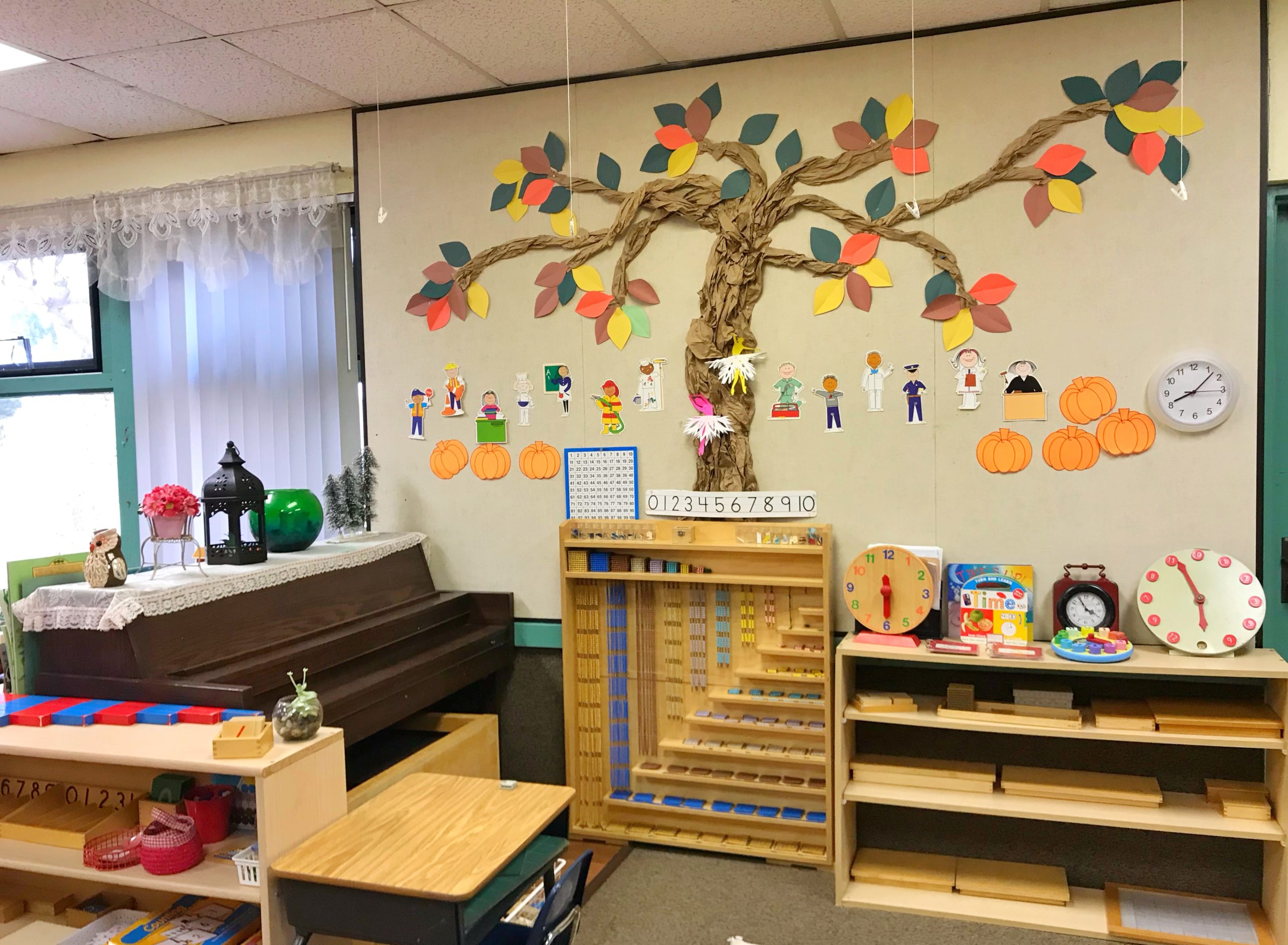
“What is the difference between Montessori education and a traditional public school
education? It is one of the few questions that prompt in the mind of a novice, who is new to
the Montessori Environment. Proper comparison between the two will be of the essence for
the parents while making the most critical decision about their child’s education.
Thus, CMS aims at providing you with some of the major differences between Montessori
and Traditional classrooms-
CHILD IS KING, TEACHER IS A TREASURER.
The education system in a traditional school is teacher-centered. The teacher is the
quintessential transmitter of knowledge or the major source of answers. On the other hand,
Montessori classrooms are based on a student-centered approach. It is a method
extraordinaire which aims at providing student-centered knowledge. It accords the highest
importance to a child. It provides opportunities for discovery and experiential learning to the
children. The lack of time restrictions often leads to a deeper and more engaging
explorations, resulting in curiosity to learn further.
THE AURA
Montessori classrooms and Traditional schools are not one of the same things. They are
heterogeneous. The dissimilarity among the two is manifested by the merit and virtue of the
Montessori kids. Montessori classrooms are, therefore, meticulously arranged to provide
students an easy access to a wide spectrum of knowledge and learning materials.
THE WORLD IS YOURS TO EXPLORE
Unlike traditional school students, a Montessori student is not expected to sit and listen to a
teacher, memorize it, and take tests. Montessori lessons take a more active and hands-on
approach. Such an approach often leads to deeper and more engaging explorations. Students
are encouraged to follow their curiosity and discover answers on their own.
ON THE MERCY OF THE CLOCK
Teachers in a traditional school are often left at the mercy of the clock. A bunch of different
classes are given to students for a fixed period of time each day. Children attend a variety of
classes in which lessons begin and end upon the ringing of the bells, which forces them to
pace their lessons. Thus, the students are bound by a set curriculum. This seemingly
autocratic scheduling is not a feature of a Montessori classroom. Children in Montessori
school work on lessons as long as it takes them to accomplish a clear understanding.
TOWARDS CURIOSITY
Children are naturally driven by a curiosity to explore and are incessantly rejoiced by new
things. They have an insatiable desire for knowledge. This is something that significantly
backs the Montessori methods. In these classrooms, a child’s innate desire for knowledge
plays a central role. While in Traditional classrooms, children learn because it’s obligatory
for them to learn. It naturally kills their inquisitiveness. Montessori schools aim to foster
lifelong learners and prepare them to learn for the joy of learning, and not just to secure good
grades.




